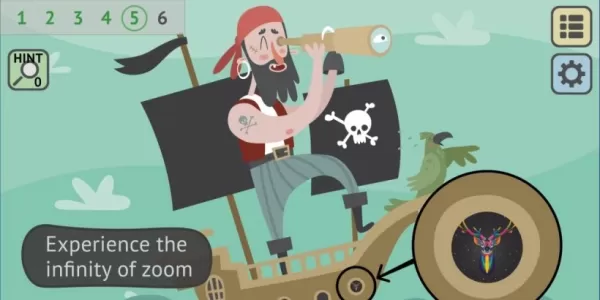In the ever-evolving world of video game development, Capcom is at the forefront of innovation, exploring the potential of generative AI to revolutionize the creation of in-game environments. As the costs associated with game development continue to soar, publishers are turning to AI technologies to streamline processes and reduce expenses. Notably, Call of Duty made headlines by selling an "AI-generated cosmetic" for Call of Duty: Modern Warfare 3 in late 2023, sparking discussions among fans about the use of AI, particularly after suspicions arose over an AI-generated loading screen. Similarly, EA has proclaimed AI to be at "the very core" of its business model.
In a revealing interview with Google Cloud Japan, Kazuki Abe, a technical director at Capcom with experience on blockbuster titles such as Monster Hunter: World and Exoprimal, shed light on how the company is harnessing AI to enhance its game development. Abe highlighted that one of the most challenging aspects of game creation is generating the vast number of unique ideas required for in-game objects. "One of the most time-consuming and labor-intensive parts of game development is coming up with hundreds of thousands of unique ideas," Abe stated (via Automaton). He emphasized the complexity involved in designing elements like televisions, which demand unique designs, logos, and shapes. "Including unused ones, we ended up having to come up with hundreds of thousands of ideas," he added.
Abe pointed out that each game requires multiple proposals for thousands to tens of thousands of objects, each accompanied by illustrations and text to effectively convey the concept to art directors and artists. Recognizing the potential for increased efficiency, Abe developed a system where generative AI can analyze various game design documents and generate ideas autonomously. This system not only speeds up the development process but also provides self-feedback, allowing for continuous refinement of the output.
His innovative prototype leverages multiple AI models, including Google Gemini Pro, Gemini Flash, and Imagen, and has been well-received by internal development teams at Capcom. According to Abe, implementing this AI model could lead to "significant cost reductions" compared to manual methods, while simultaneously enhancing the quality of the output.
Currently, Capcom's use of AI is confined to this specific system, with other crucial aspects of game development such as ideation, gameplay mechanics, programming, and character design remaining in the capable hands of human creatives.









